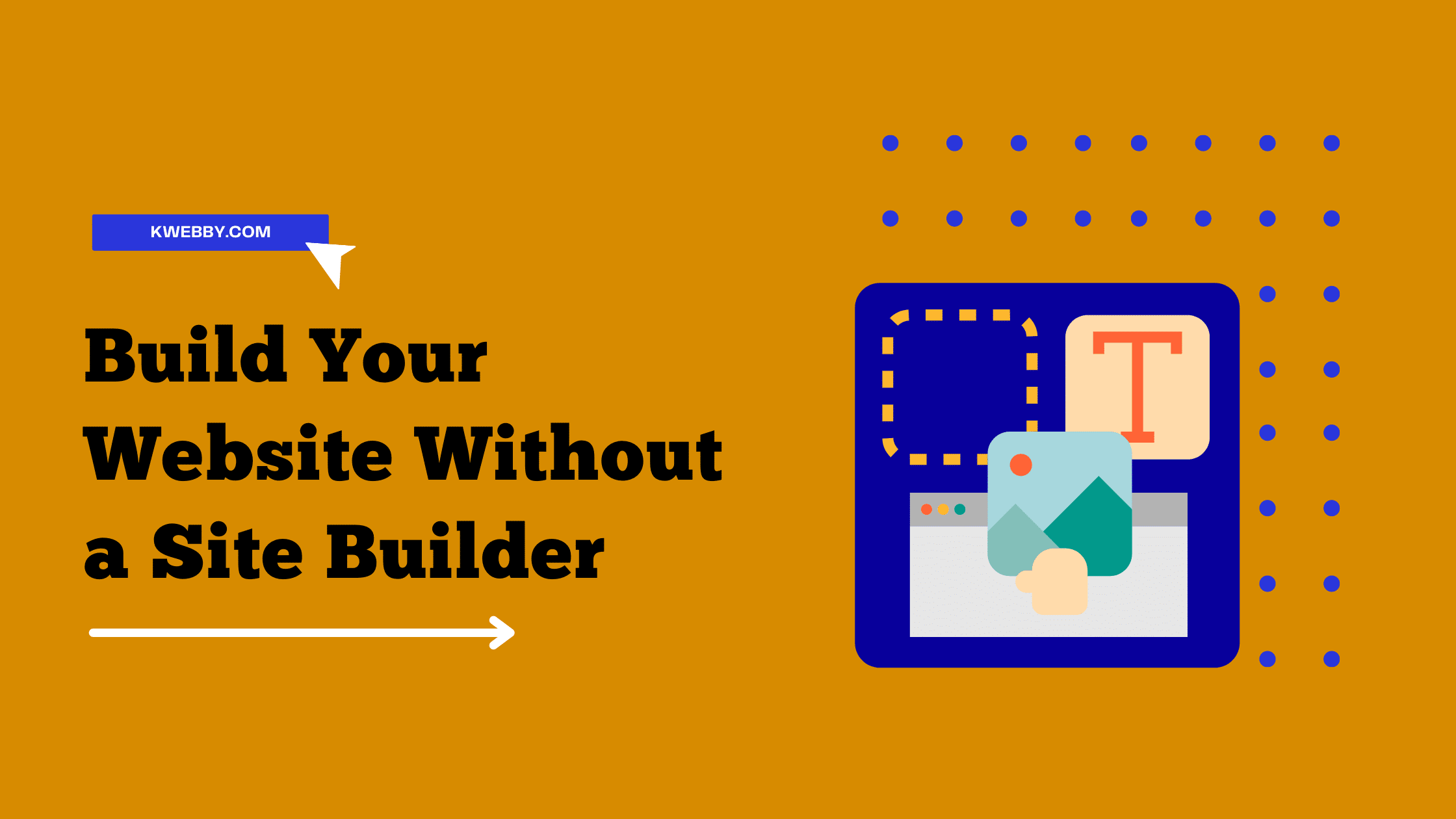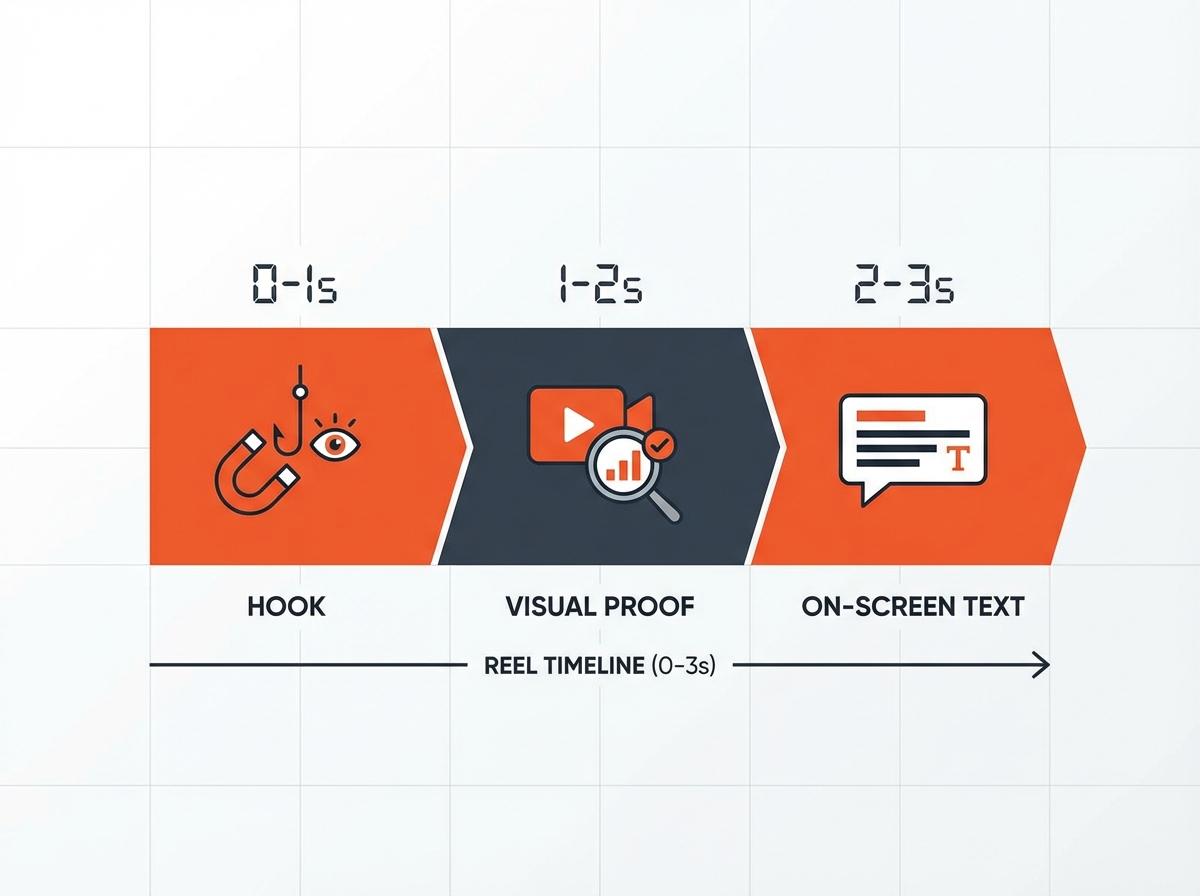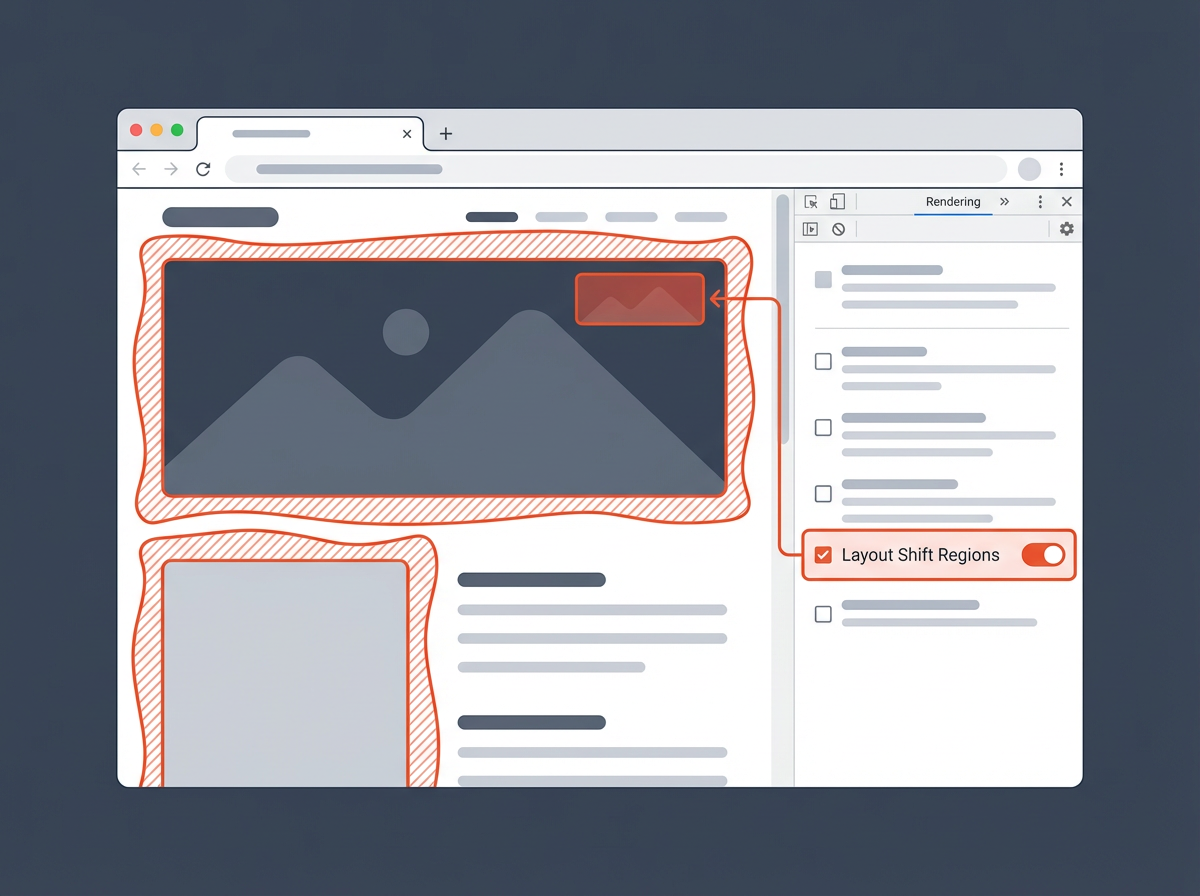Sure, building a website without a site builder might sound daunting. You might not even know where to start. If you can get through it though, you will potentially get far better website performance, greater security, and lower costs than by using a site builder like Squarespace, Wix, or Elementor for WordPress.
First, let’s first talk about editing. Simple editing tools are the bread and butter of site builders. Though those tools are great for basic adjustments, they can only get you so far. If your editing needs are more complex, adding or tinkering with code in a site builder can cause major errors or even bring your entire website down.
Also Read: 19 Ways to Improve User Experience on Your Website: A Comprehensive Guide
What are Site Builders?
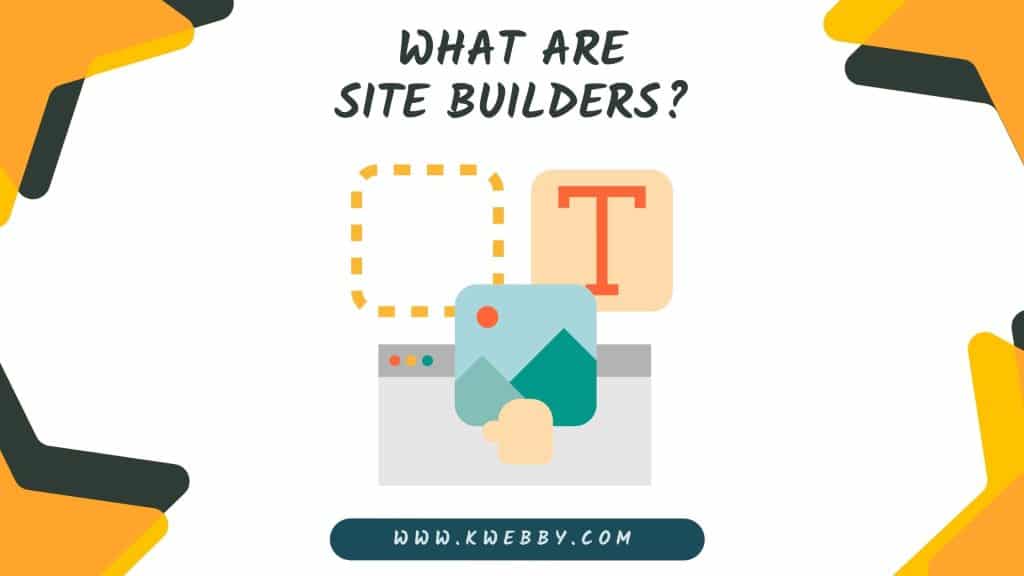
A site builder is a web-based platform that enables you to create a website without having to write or edit code yourself. Site builders usually come with pre-made templates that you can customize to fit your needs.
Some popular Site builder Includes Builder.ai, Elementor for WordPress, Wix, Weebly, Squarespace, etc.
What Are the Pros of Using a Site Builder?
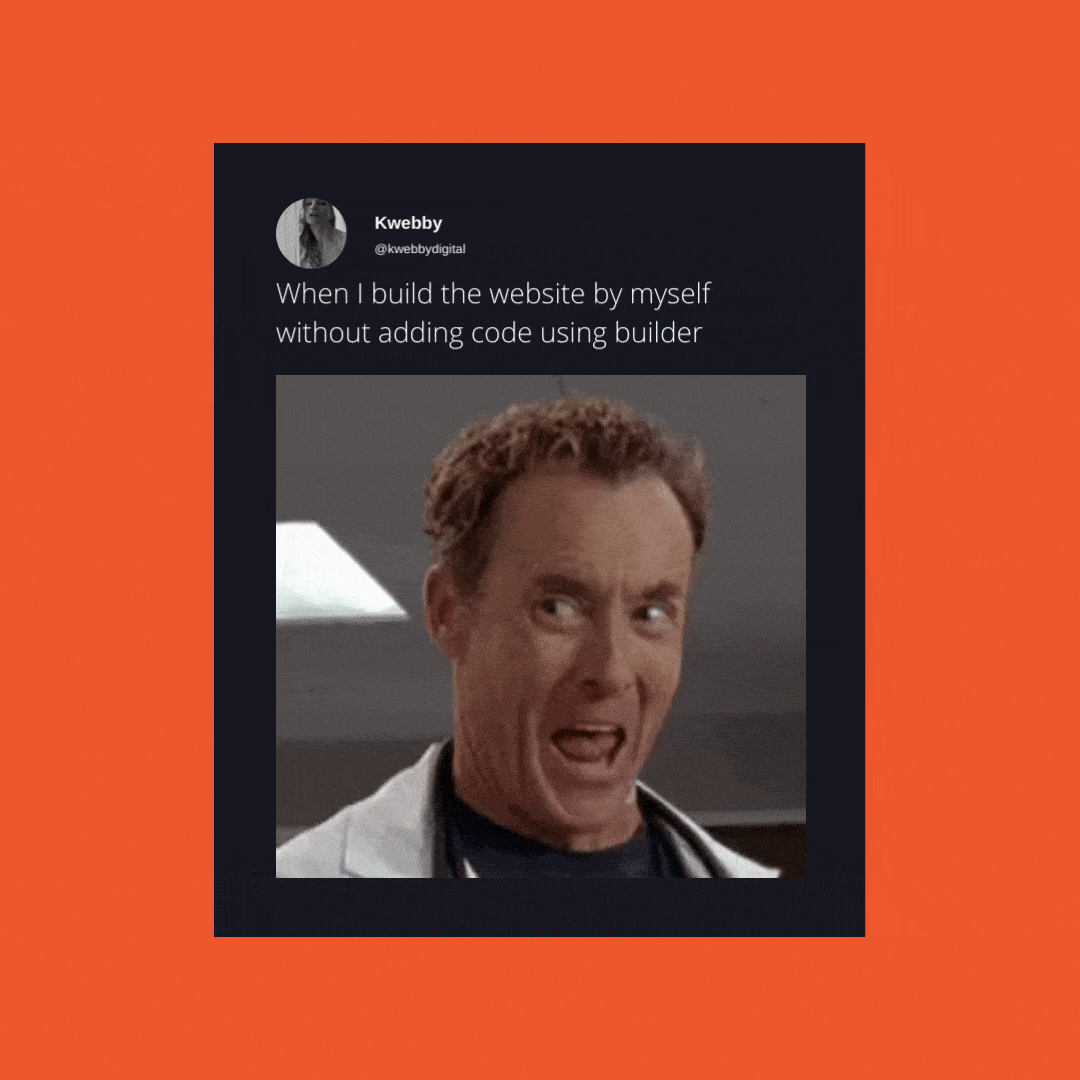
One of the main reasons people use site builders is because they are easy to use. You don’t need any coding skills or experience to create a website with a site builder. All you need to do is drag and drop elements to create the website you want.
Another pro of using a site builder is that they are often much cheaper than hiring a web developer to create a website for you. Site builders usually have monthly or annual subscription plans that are very affordable.
What Are the Cons of Using a Site Builder?
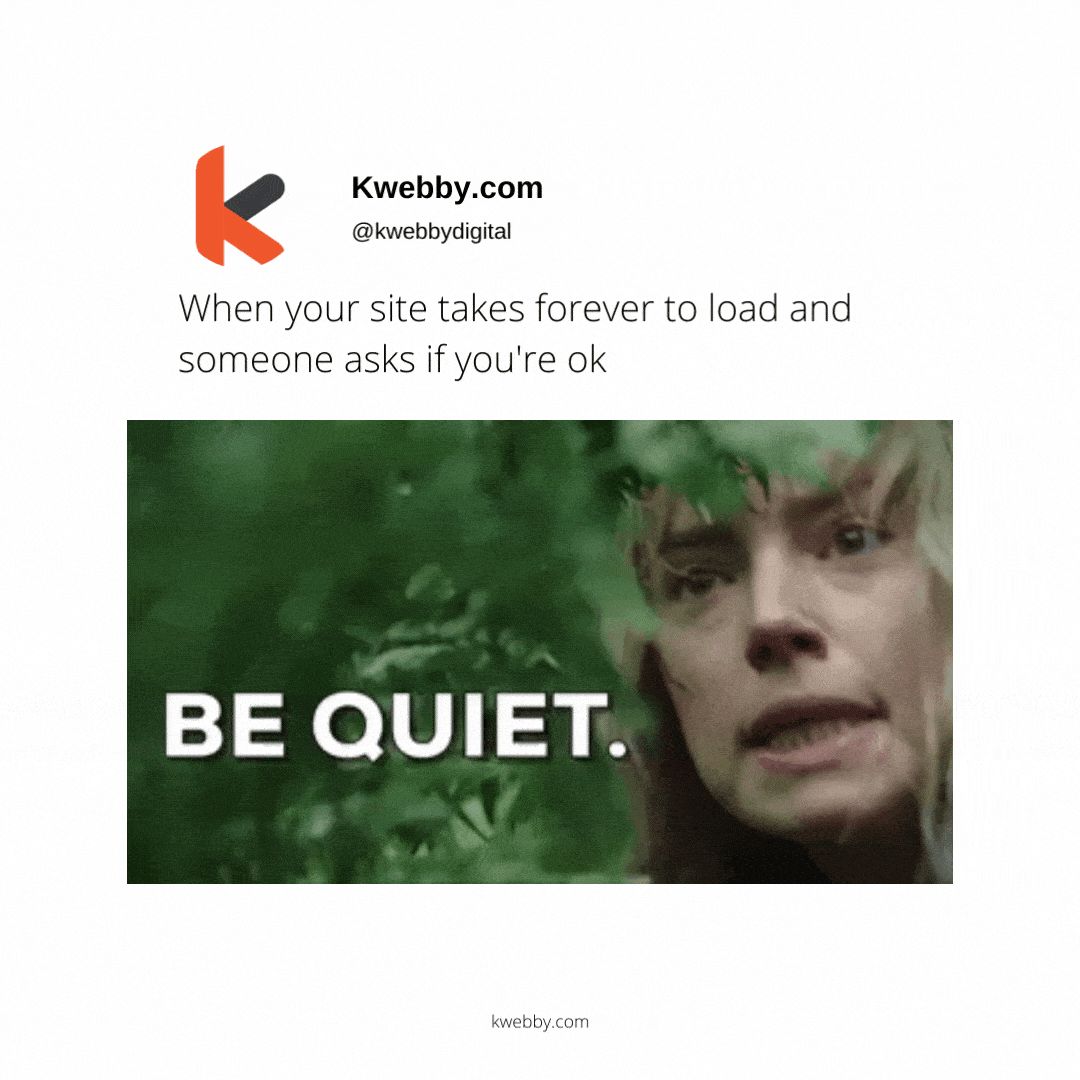
The biggest downside of using a site builder is that you are limited in terms of customization. If you want to add a certain feature or element to your website, you might not be able to do so without code.
Additionally, if you use a site builder, your website will likely be hosted on the site builder’s platform. This means that if the site builder goes out of business, your website will go down with it.
Following are some reasons why you should not use Site Builders;
Reason #1: Server Bloating
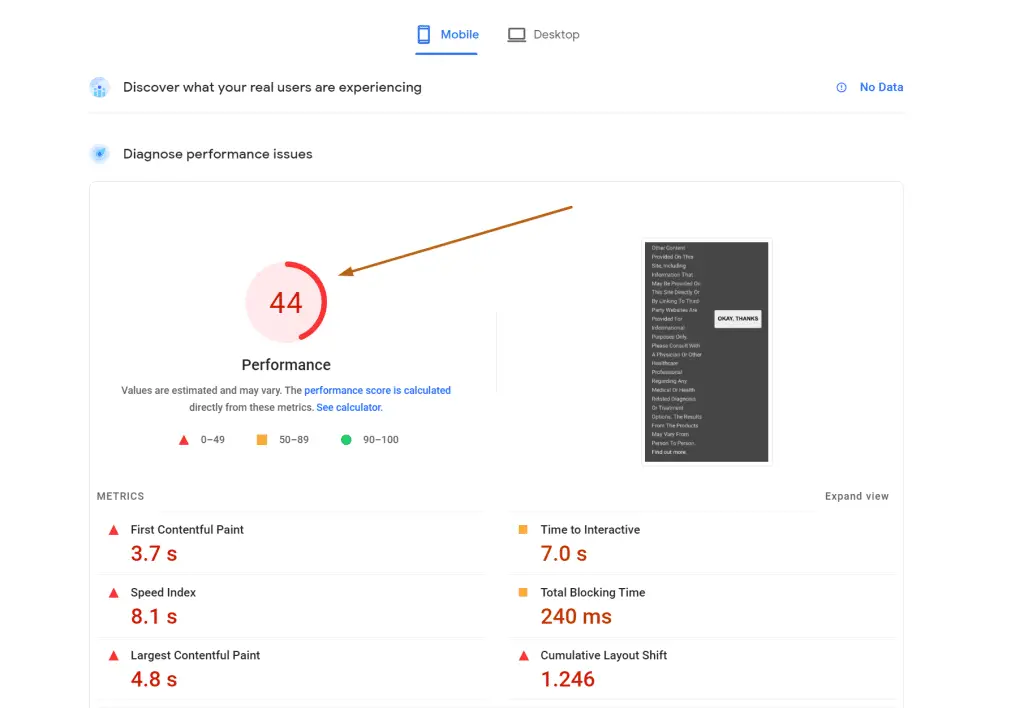
Building a website without a site builder doesn’t require advanced programming. You can use HTML templates that allow you to place your content directly into web pages.
Unlike site builders that store your content in databases and dynamically insert it into pages, HTML templates give you more transparency and control over how your site looks and works. They also reduce server bloat running in the background.
You can use Google’s own Pagespeed Insights to check the page loading performance of your website.
Reason #2: Security
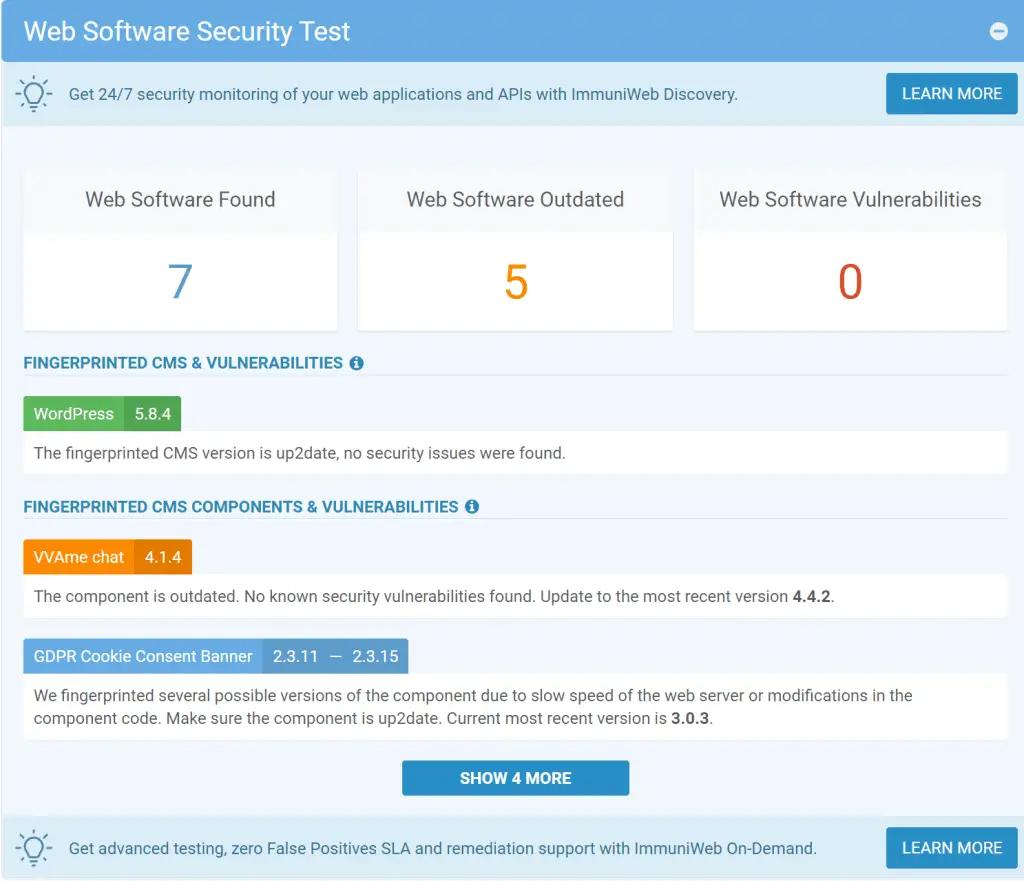
Regarding performance and security, site builders generally run supplemental software that can add significant weight to page loads and create entryways for malware attacks.
If you don’t need to frequently update your website, the excess software and databases from site builders are unnecessary and might do more harm than good. When a growing number of software run concurrently through site builders, it’s like a ticking time bomb before a random compatibility issue takes your website down.
You can test your website’s security using ImmuniWeb’s tool and resolve all the vulnerabilities that are on your site.
Reason #3: Cost

The last reason you should build your website without a site builder has to do with cost. Hosting providers charge based on the number of resources used, so the more resource-intensive your website is, the more it’ll cost you.
Additionally, some site builders lock you in and make it difficult or even impossible to move to another hosting provider. If you’re not careful, you could get stuck paying high monthly fees to a site builder long after your website is live.
On the other hand, building your website without a site builder gives you the freedom to choose your own hosting provider and plan. You can start small and only pay for the resources you need. As your website grows, you can easily upgrade your hosting plan to accommodate the increase in traffic.
In conclusion, there are several reasons why you should build your website without a site builder. With more complex editing tools, better website performance, greater security, and lower costs, building your website from scratch is the way to go!
Reason #4: Hard to Migrate/Transfer Website
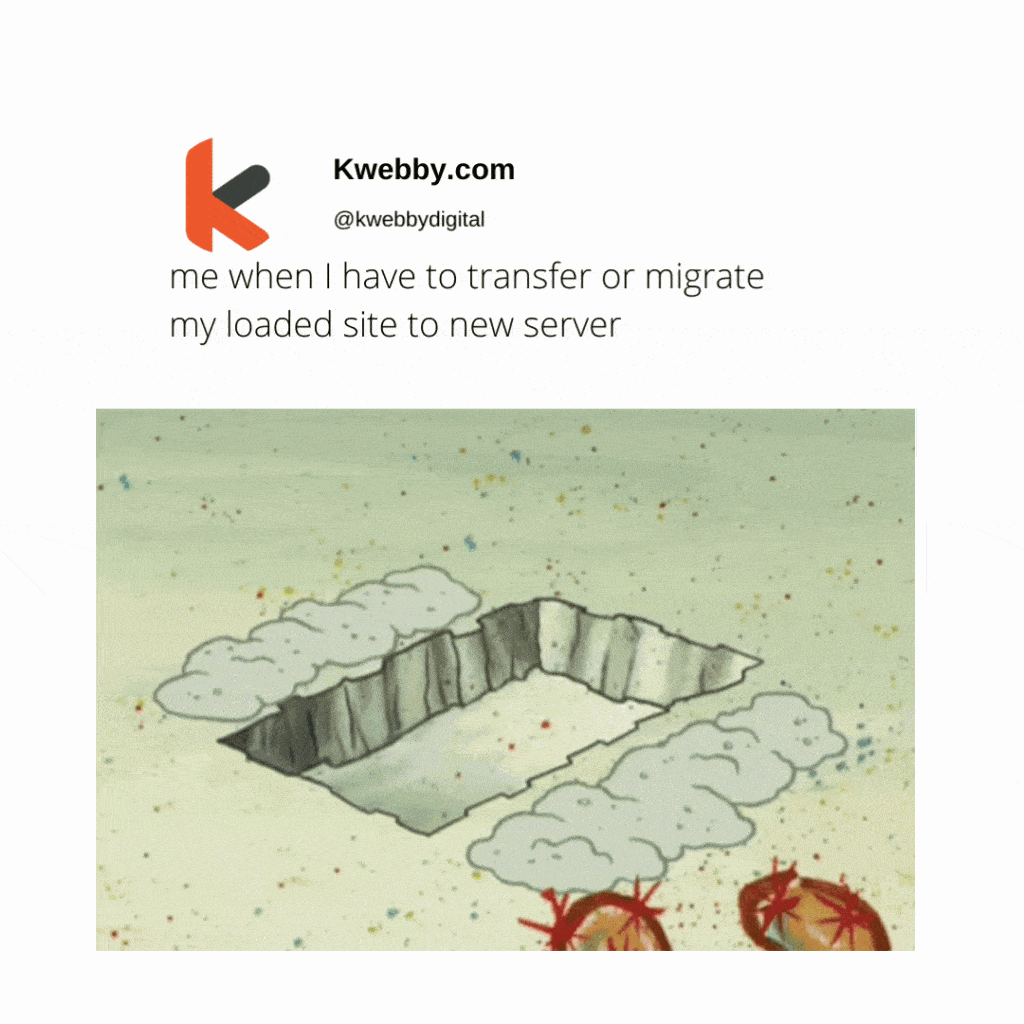
If you’re thinking about starting with a site builder and moving your website elsewhere later, keep in mind that transferring your website to another platform can be extremely difficult or impossible.
Site builders depend heavily on their platform’s particular structure, so attempting to move your website away will likely cause loads of design and functionality issues.
According to site builders themselves, you probably won’t be able to export your website at all, so you’d essentially have to recreate your site from scratch on a different platform.
Therefore, if you’re planning on building a website that you might want to move in the future, it’s better to start with a platform that will be more conducive to migration.
Building your website without a site builder from the get-go will give you the flexibility to move your website as you please, without any headaches or hassles.
Is a Site Builder Right for You?
Now that you know the pros and cons of using a site builder, you can decide if a site builder is right for you. If you need a simple website that doesn’t require any customization, then a site builder might be a good option for you.
However, if you need a more complex website or want more control over your website, then you might be better off building your website without a site builder.
Resources to Build Your Website Without a Site Builder
While we have discussed the reasons why you should build your website without a site builder, here we have some resources which you can use to build your website without using any site builders;
#1 Use HTML/CSS ReadyMade Framework Like Bootstrap
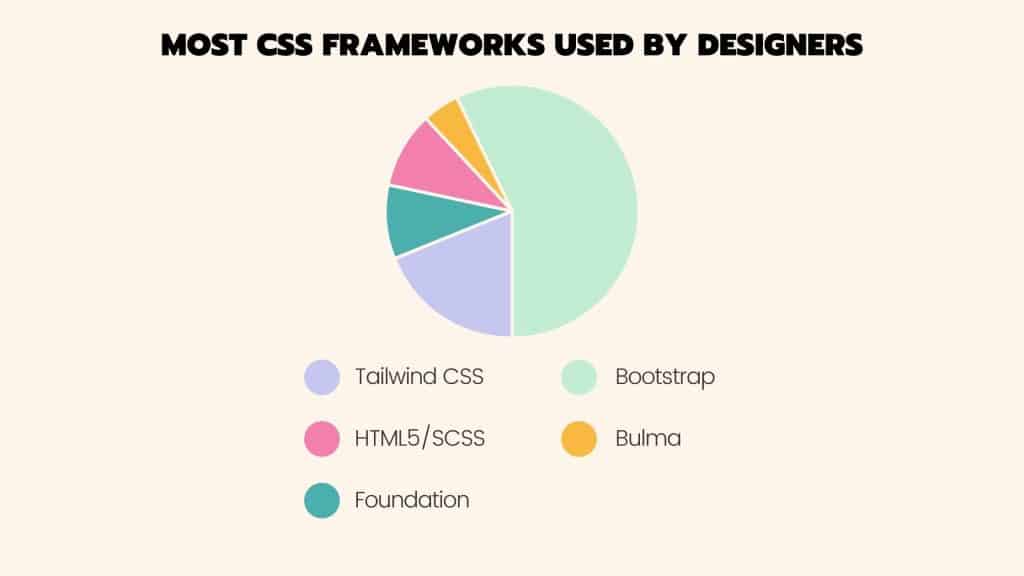
Another resource you can use to build a website quickly is Bootstrap, a free and open-source toolkit with website components such as menu bars, buttons, and content boxes.
Along with ensuring your website loads and appears properly in web browsers, using Bootstrap allows you to keep your website current with HTML, CSS, JavaScript, and other programming languages you might have no time or interest in learning about.
Just be sure to regularly update your site with the latest version of Bootstrap.
Here are the top 5 CSS/HTML Framework used by designers;
- Bootstrap
- Tailwind CSS
- Foundation
- Bulma
- Native HTML/CSS/SCSSS
#2 Hire a Web Designer
A web designer is a great resource to ensure your website is built properly. Though they can be quite expensive, you can minimize costs by asking them to design your website in a way you can easily update it on your own.
To find an affordable and qualified web designer, freelance work websites like Fiverr and Upwork are great places to look.
#3 Readymade Templates
Though HTML templates are probably not as user-friendly as site builders, they can be much easier to work with once you’ve completed a few pages.
The documentation included with templates is often straightforward, even for novices. Sections of the code will typically contain notations to guide users through their editing journey.
If you need assistance with anything, you can reach out to the template creator or related message boards. Some popular HTML template websites include ThemeForest and TemplateMonster.
While building a website from scratch might sound daunting, it is doable with the right resources.
By using HTML/CSS frameworks, hiring a web designer, or working with ready-made templates, you can create a website without any site builder. Just be sure to keep your website up-to-date with the latest versions of whatever resource you’re using.
Conclusion
If you plan to keep your website running for a long time, there could be tremendous cost savings from building it without a site builder. The price for a standard web hosting plan is commonly just a fraction of a site builder’s price. Even if you hire a web designer, your overall costs can still be greatly reduced over time and you’ll have more flexibility to move your website to other web hosts.
Test your knowledge
Take a quick 5-question quiz based on this page.

